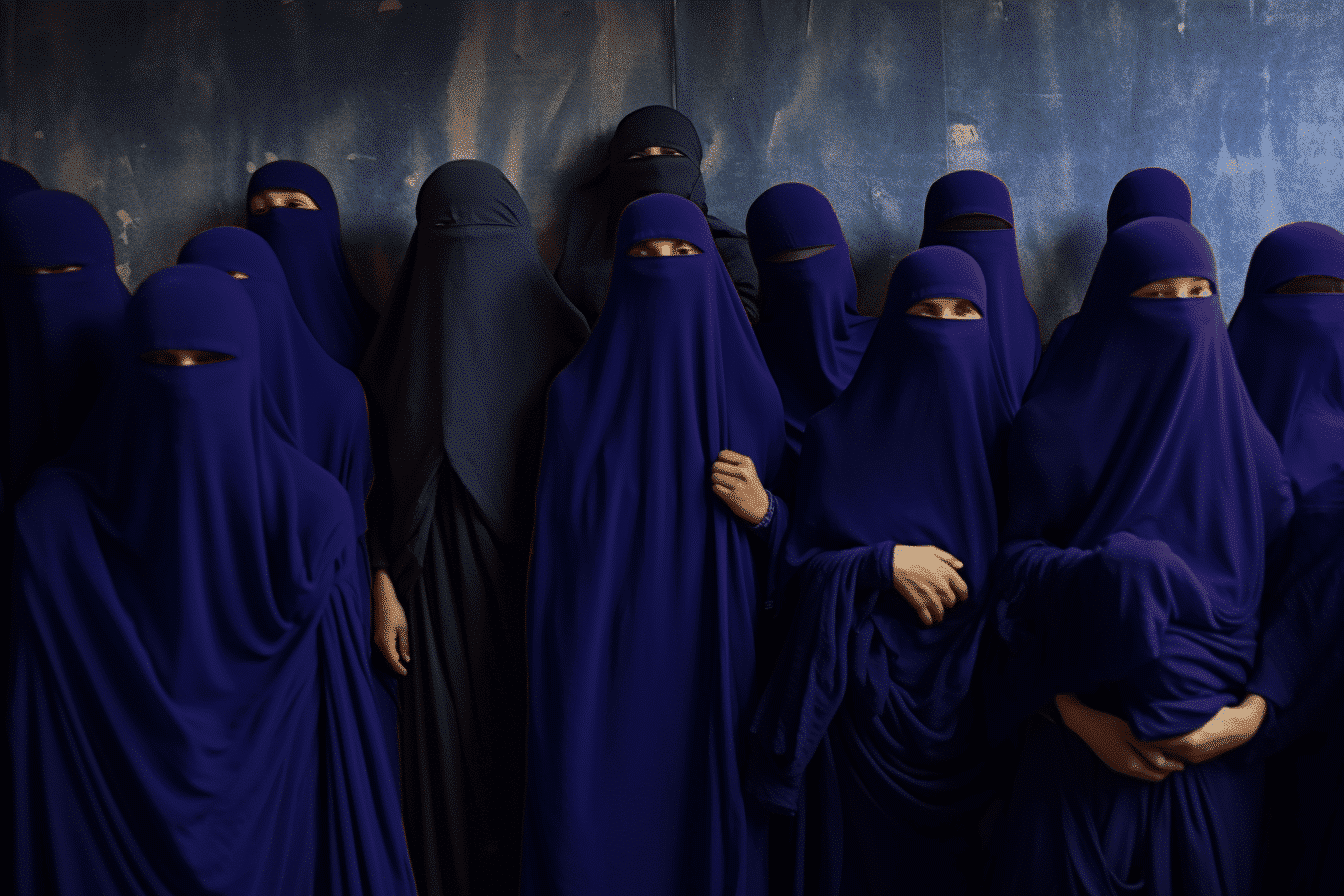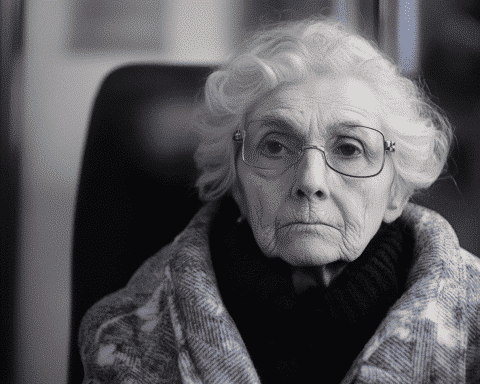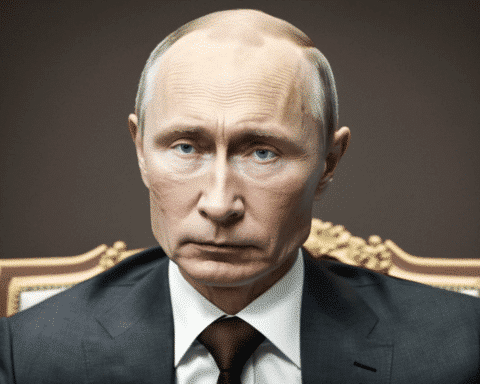Leading human rights organizations lambasted the harsh restrictions the Taliban has enforced on women and girls in Afghanistan on Friday, labelling it as gender persecution, a grave violation of human rights.
In a recent report, Amnesty International and the International Commission for Jurists (ICJ) outlined the potential ramifications of the Taliban’s stringent restrictions on Afghan women’s rights. The combination of “imprisonment, forced disappearances, torture, and other forms of ill-treatment,” they argued, could be interpreted as gender persecution under the International Criminal Court’s jurisdiction.
The report, titled “The Taliban’s war on women: The crime against humanity of gender persecution in Afghanistan,” invoked the ICC statute that categorizes gender-based persecution as a crime against humanity.
In August 2021, the Taliban reclaimed control of Afghanistan while U.S. and NATO forces were completing their withdrawal after a twenty-year war.
Contrary to initial assurances of a more lenient rule, the Taliban quickly reinstated severe restrictions on women and girls, barring them from public areas and most forms of employment and restricting girls’ education beyond sixth grade. These actions mirror those taken during their previous rule in the late 1990s when they enforced their rigid interpretation of Sharia or Islamic law.
The stringent decrees sparked global outrage against the already isolated Taliban, whose government is yet to be officially recognized by the United Nations and the international community.
Santiago A. Canton, the Secretary-General of the ICJ, stated in the report that the Taliban’s actions bear such “magnitude, gravity and of such a systematic nature” that they constitute “a crime against humanity of gender persecution.”
Both organizations appealed to the International Criminal Court to consider this crime in their ongoing investigation into Afghanistan and to take judicial action. They also urged countries “to exercise universal jurisdiction” and hold the Taliban accountable under international law.
The report also alleged that the Taliban has targeted women and girls participating in peaceful protests, detaining them, causing their enforced disappearance, and subjecting them to torture while in custody. The Taliban has also forced them to sign “confessions” or “agreements” promising not to protest again.
The situation in Afghanistan is “a war against women,” equating to “international crimes” that are “organized, widespread, systematic,” commented Agnès Callamard, Amnesty’s Secretary-General.
She urged the international community to dismantle “this system of gender oppression and persecution.”
The report highlighted forced marriages of women and girls to Taliban members. Those who refused such unions were “subjected to abduction, intimidation, threats, and torture.”
A particular case detailed a 15-year-old girl forced into marriage with a Taliban member despite her family’s protests and a 33-year-old female journalist and social activist who was compelled to marry a Taliban commander.
Canton of ICJ emphasized that it’s crucial not to fail the women and girls of Afghanistan.
The report noted the human rights abuses committed by the Taliban against Afghan men as well.
Various monitoring groups have recorded “extrajudicial killings, arbitrary arrests and detention, enforced disappearances, and torture” of those affiliated with the erstwhile, Western-backed Afghan government that collapsed with the Taliban’s takeover.
Journalists, the LGBTQ community, rights activists, and ethnic minorities have also been targeted by the Taliban, according to the report.
Amnesty and ICJ presented a summary of the report’s findings to the Taliban-appointed foreign ministry in Kabul, asking for a reply. No response was received immediately, they reported.
As this tumultuous situation continues to evolve in Afghanistan, the international community’s attention and commitment are paramount. The preservation of fundamental human rights, especially for vulnerable populations like women, girls, and minorities, must be a priority. Pursuing justice, accountability, and protection of all people in Afghanistan is critical amid such challenges. The plea from these organizations rings clear: the world cannot stand by as the rights and liberties of Afghan citizens are stripped away.




